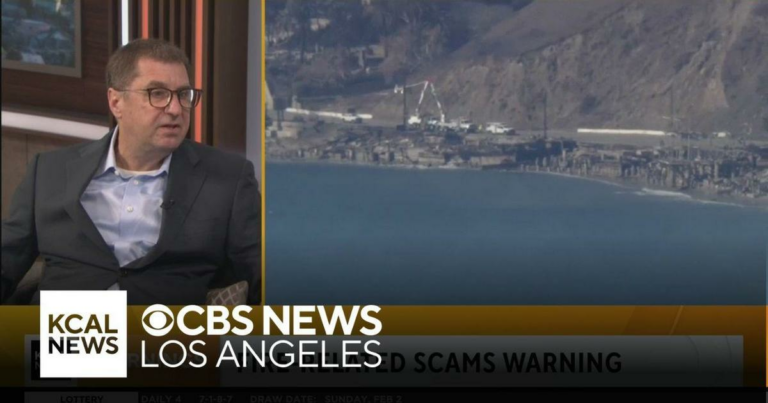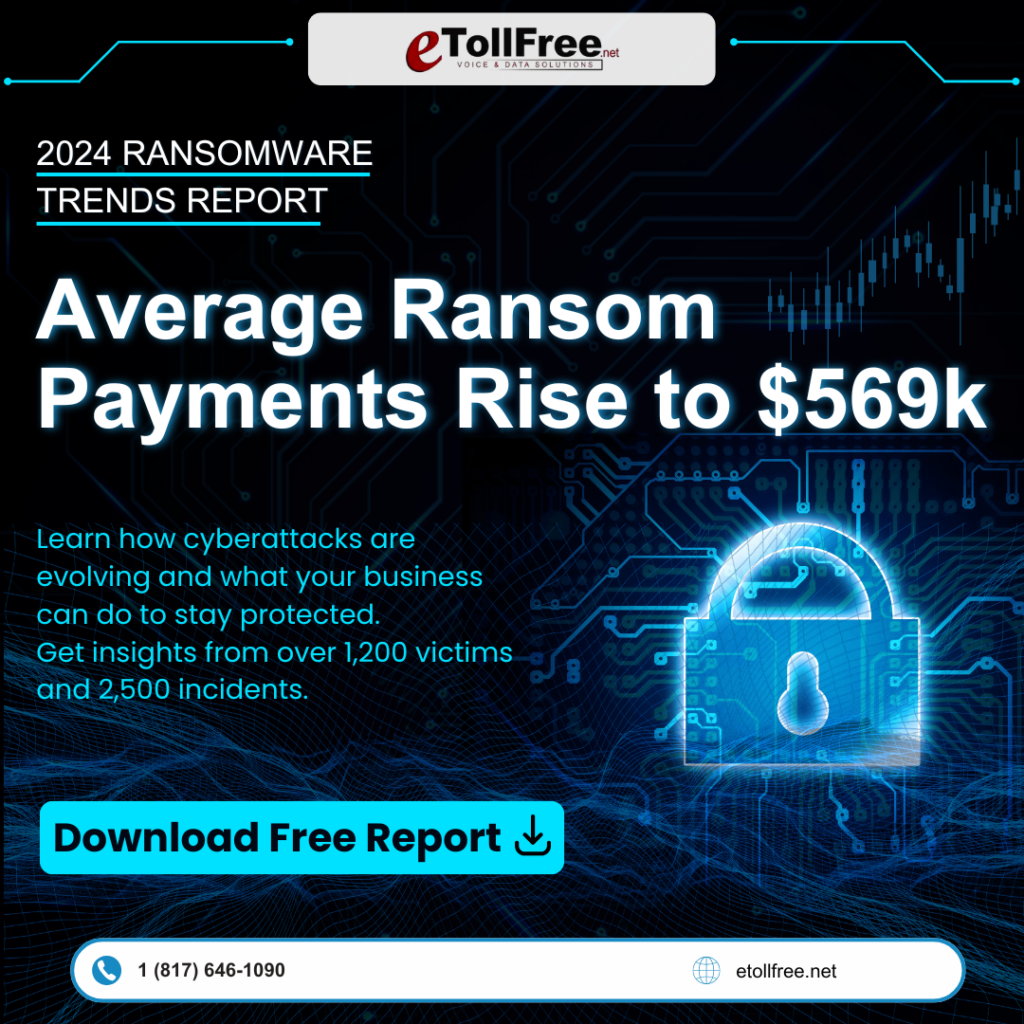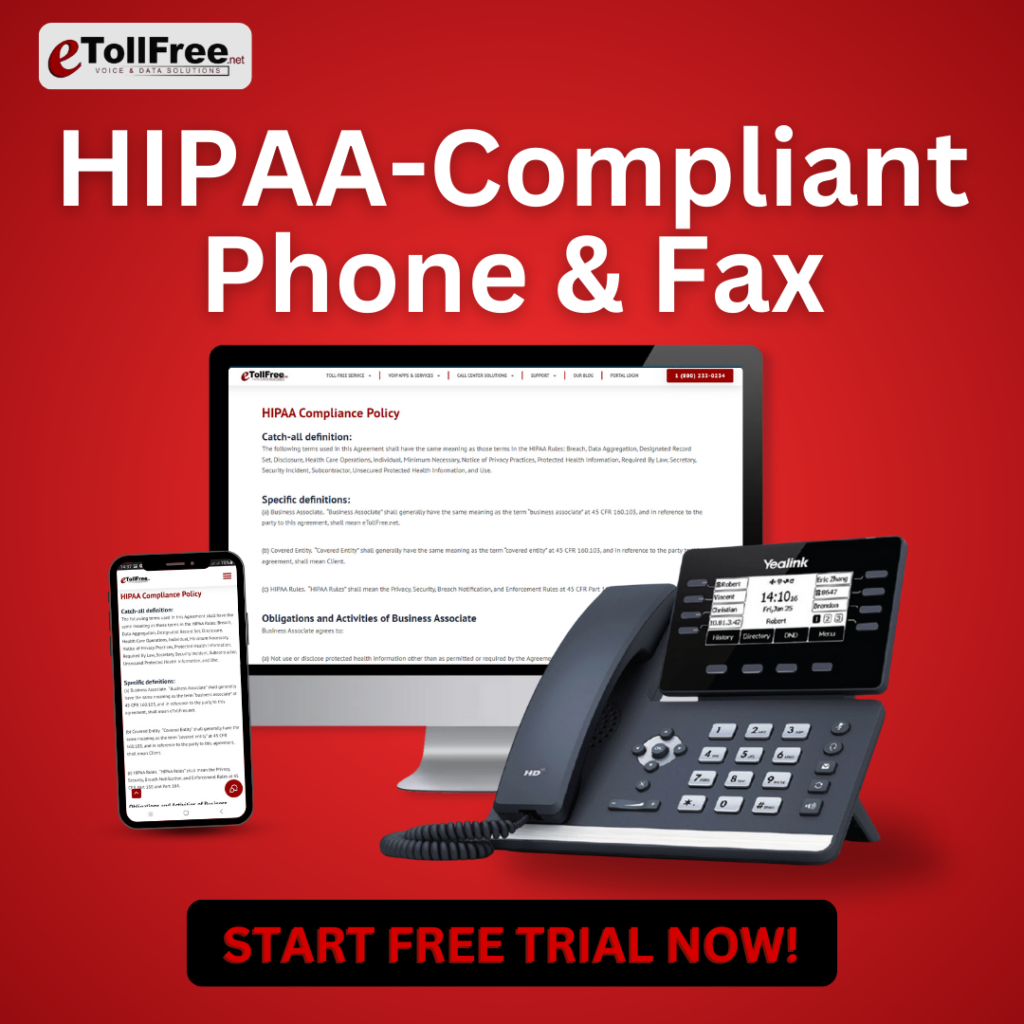Watch Out for Scammers: How to Protect Your Relief Payouts After Disasters
Picture this: You’ve just weathered a storm, quite literally. A hurricane or wildfire has left its mark on your community, and the journey to rebuild begins. As relief payouts start coming in, you’re focused on restoring some semblance of normalcy. But wait—amidst this recovery, scammers lurk, eager to swipe away the aid meant for your fresh start. Yes, even in the wake of disaster, cybersecurity dangers persist, and knowing how to protect your hard-earned relief payouts is essential.
Beware of Cybersecurity Dangers
After any disaster, whether it’s natural or otherwise, the vulnerability of affected individuals becomes an unfortunate advantage for cunning scammers. Imagine it—you’re already grappling with the loss and confusion. Then, someone posing as a “helpful” official calls or emails, offering speedy assistance in accessing your relief funds. It’s like a plot straight out of a thriller! These scammers are experts in deceit, spinning stories to unleash their trap.
To protect yourself, understanding these common fraudulent schemes is vital. Often, scammers will impersonate government entities or non-profit organizations you might trust. They deftly weave believable tales, aiming to extract personal details or demand fraudulent fees. Simply put, vigilance and skepticism are your first lines of defense. Never divulge sensitive information over the phone or click on suspicious links in emails. Remember, genuine agencies don’t demand personal details or payments in exchange for helping you access relief funds.
The Role of Social Media Marketing in Staying Updated
In times of turmoil, reliable information becomes your guiding star. This is where social media steps in as both a challenge and a boon. Platforms like Facebook, Twitter, Instagram, and YouTube are powerful tools to share alerts and essential updates. They foster connection, offering a way to spread news quickly to those who need it most.
But caution is key. While these platforms help you stay informed, they can also be breeding grounds for misinformation and scams. It’s essential to verify the sources of the information you encounter. Seek out trusted pages or official accounts of organizations, and cross-check any calls to action against official announcements or government websites.
General News Access through CBS and Staying Informed
Thankfully, reliable news sources like CBS offer comprehensive tools for staying informed during crises—and routine days alike. Browsing through CBS News, you’ll find everything from local incidents to the latest in global news. They offer live streaming for those who prefer watching over reading, a feature so handy for keeping abreast without sifting through endless articles.
Additionally, opting to receive alerts for major updates or special stories keeps you in the loop, almost effortlessly. You can customize notifications to focus on what truly matters to you, whether it’s weather changes, public safety news, or community updates. This way, even in the bustle or stress of recovery, information flows to you contextually and concisely.
Final Thoughts on Protecting Your Relief Payouts from Scammers
Ultimately, as an entrepreneur or small business owner who might be dealing with disaster recovery, safeguarding your relief payouts boils down to three core principles: vigilance, information, and skepticism. Stay wary of unsolicited offers for assistance, especially those asking for personal information or payment. Use social media judiciously for updates, but always verify sources. Finally, lean on reputable news platforms like CBS to stay informed and connected. By arming yourself with knowledge and cautious practices, you can thwart cybercriminals and ensure your road to recovery remains clear of unwanted detours.















